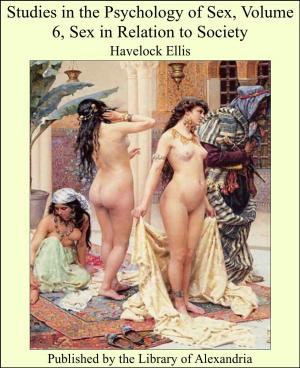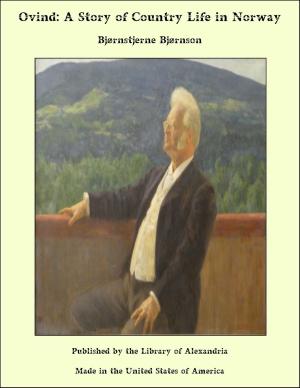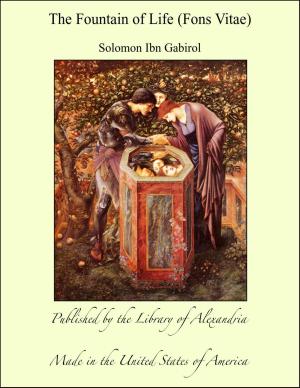On an Evolutionist Theory of Axioms
Nonfiction, Religion & Spirituality, New Age, History, Fiction & Literature| Author: | John Cook Wilson | ISBN: | 9781465610706 |
| Publisher: | Library of Alexandria | Publication: | March 8, 2015 |
| Imprint: | Language: | English |
| Author: | John Cook Wilson |
| ISBN: | 9781465610706 |
| Publisher: | Library of Alexandria |
| Publication: | March 8, 2015 |
| Imprint: | |
| Language: | English |
I could have wished, in an introductory lecture of this kind, to say something of my predecessors; but I have not the knowledge necessary to do them justice, and I am afraid also that it would seem unbecoming in me to offer to pronounce a judgment on them or their work. The names of the two professors of philosophy who have so recently vacated their office will occur to every one's mind. The one is my immediate predecessor, who is fortunately still with us. His work is well known, and forms a part of the studies of the University: it would be unnecessary and presumptuous for me to praise it. The other, who was Waynflete Professor of Moral and Metaphysical philosophy is, alas, dead. I would I were able to pay a fitting tribute to his memory: but it requires far more learning than I can claim to appreciate fully his loss to the scientific world, and convey a true sense of it to others. And there is another difficulty—in him I have lost a kind and dear friend. This mention of the dead reminds me that it has also been my privilege to enjoy not only the teaching but the friendship of two of the most distinguished philosophers of our day in England and Germany—Professor Green and Professor Lotze. The feeling of those of us who came into more immediate contact with Professor Green is too deep for words. Professor Lotze was a striking figure even in Germany. He united diverse gifts in a remarkable way. He was an acute metaphysician and logician, a man of great artistic taste, a classical scholar, one of the foremost psychologists, and one of the foremost biologists in Germany.
I could have wished, in an introductory lecture of this kind, to say something of my predecessors; but I have not the knowledge necessary to do them justice, and I am afraid also that it would seem unbecoming in me to offer to pronounce a judgment on them or their work. The names of the two professors of philosophy who have so recently vacated their office will occur to every one's mind. The one is my immediate predecessor, who is fortunately still with us. His work is well known, and forms a part of the studies of the University: it would be unnecessary and presumptuous for me to praise it. The other, who was Waynflete Professor of Moral and Metaphysical philosophy is, alas, dead. I would I were able to pay a fitting tribute to his memory: but it requires far more learning than I can claim to appreciate fully his loss to the scientific world, and convey a true sense of it to others. And there is another difficulty—in him I have lost a kind and dear friend. This mention of the dead reminds me that it has also been my privilege to enjoy not only the teaching but the friendship of two of the most distinguished philosophers of our day in England and Germany—Professor Green and Professor Lotze. The feeling of those of us who came into more immediate contact with Professor Green is too deep for words. Professor Lotze was a striking figure even in Germany. He united diverse gifts in a remarkable way. He was an acute metaphysician and logician, a man of great artistic taste, a classical scholar, one of the foremost psychologists, and one of the foremost biologists in Germany.















